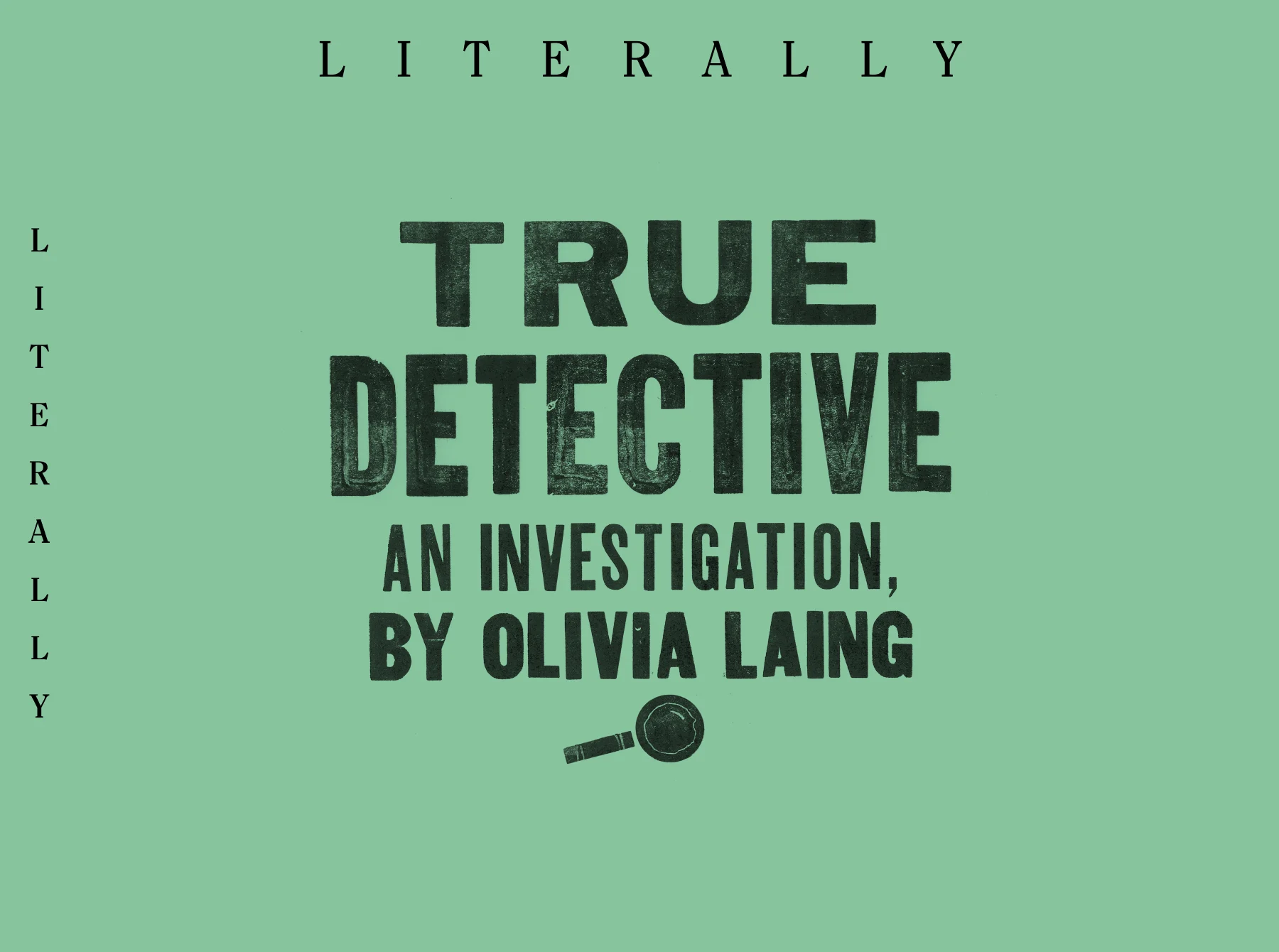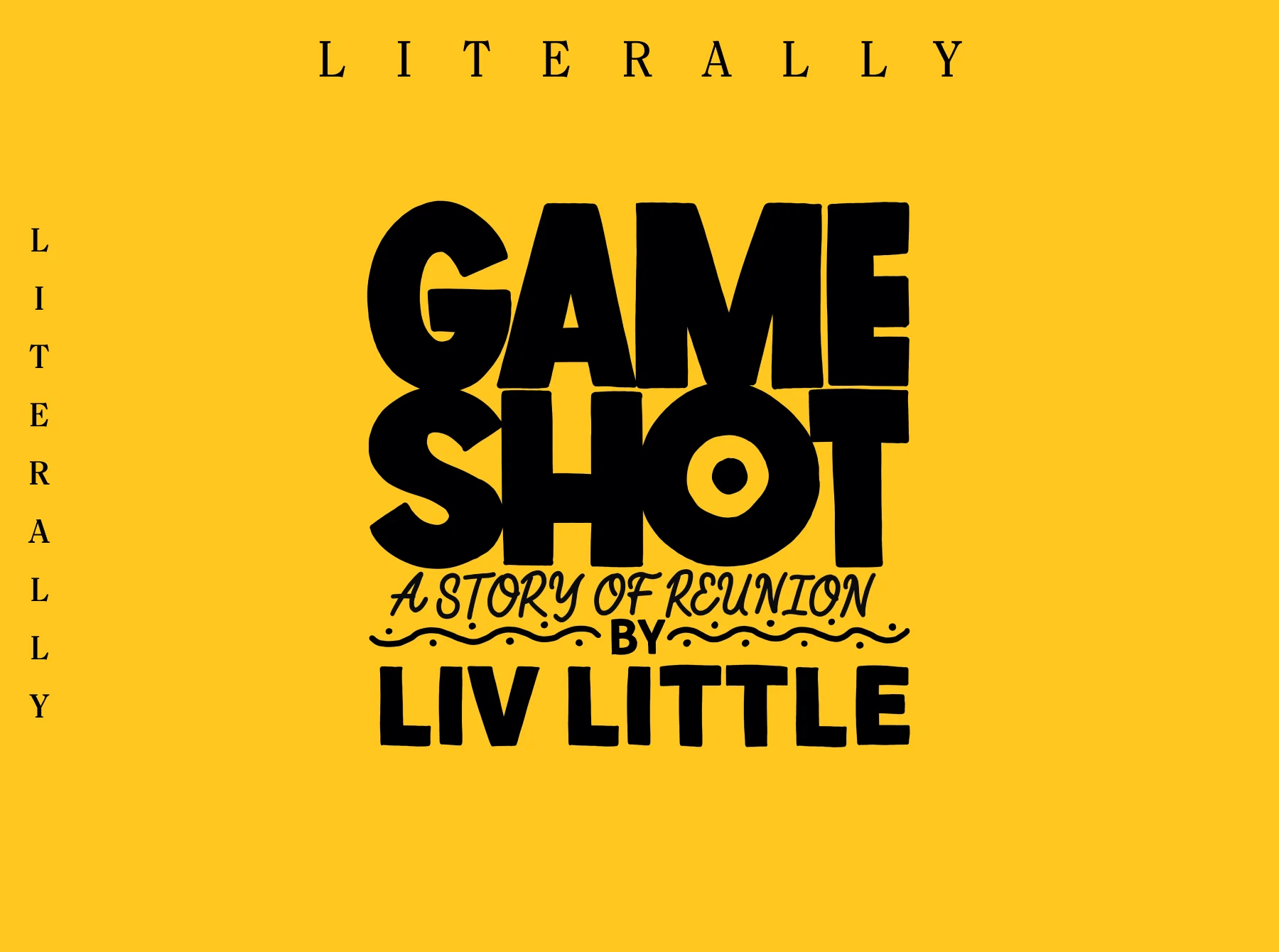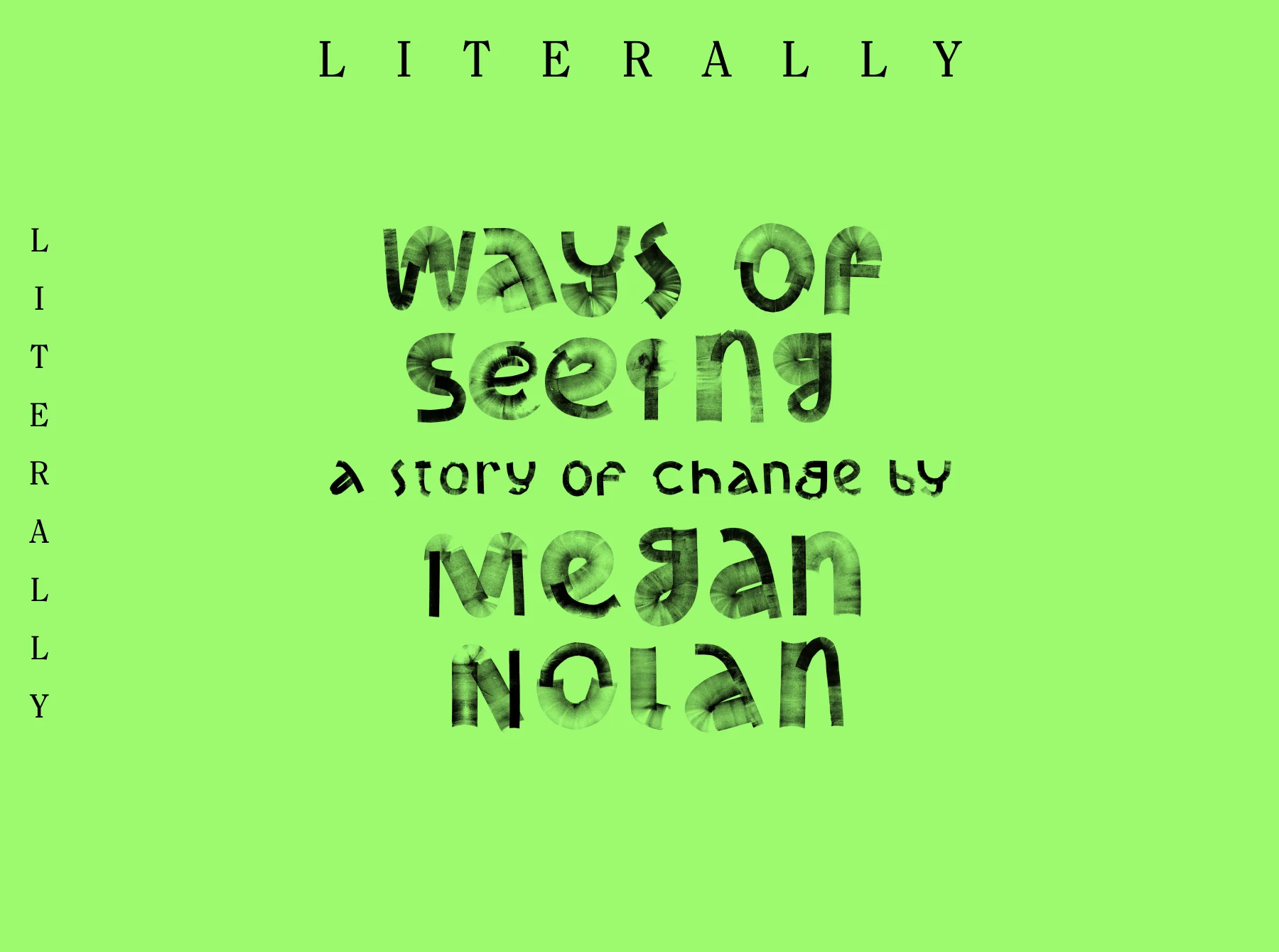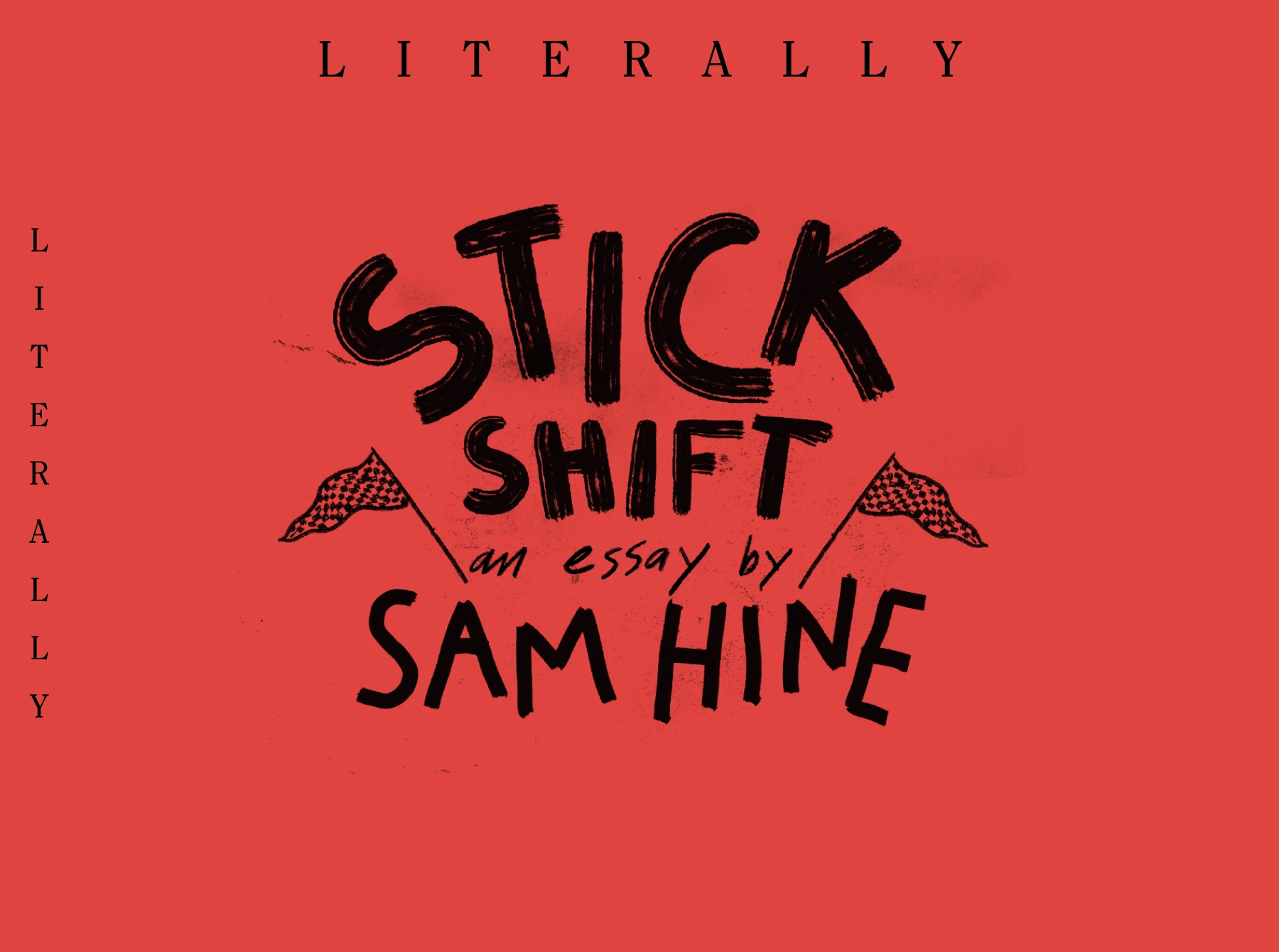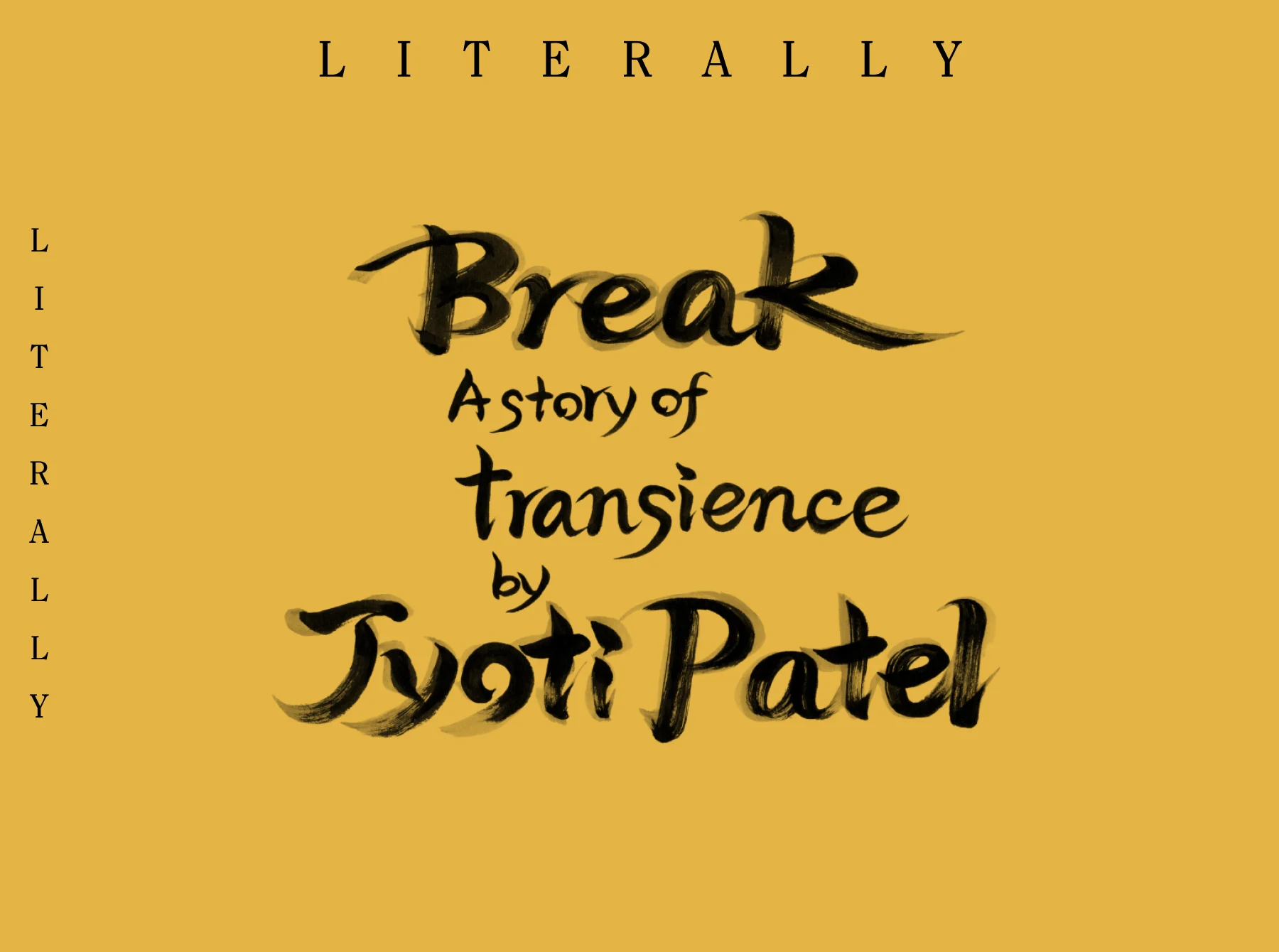

It was raining in London and the news was full of misery. So, I put on my new raincoat and decided to see a matinee of the film “Moonage Daydream.” I had been looking forward to this psychedelic collage of Bowie’s life and art, directed by Brett Morgen, ever since it was first released. Now that I had finished writing my new novel, I thought it was the perfect film to help me separate from the demands and longings of the characters in my book. I had lived with them for nearly three years.

It is always interesting to dress and undress characters in a novel. Every fiction has a makeup and costume department inside the author’s head. Obviously, there is a great deal of information in clothes—personal, emotional, political—but taking them off is much more complicated than putting them on.
It is so hard to like our bodies. We are told it is good for us to love ourselves, but in my experience, that’s a hard call. Maybe we like ourselves in parts. There is kindness and cruelty in eyes and hands. And lips, too.
In my books there are pinstripe suits, lashings of eyeliner, silver Roman sandals that lace up the shins, trainers and halter-neck tops, and, most recently, a green raincoat with three gold buttons sewn on the cuff.

Perhaps I should say more about my own new raincoat. Actually, it was a new old designer trench with a classic lining. I had bought it at a vintage stall in Spitalfields Market. This was a garment I had always wanted, yet somehow, I had repressed the wanting. It had come back to chase me.
When I tried it on a few days before finishing my book, I told myself that I definitely needed a raincoat. The phrase “tried it on” can mean doing something duplicitous, or being a bit desperate, or trying too hard. I stared into the mirror. Was I trying too hard? The trench made me feel rugged but sleek, beige but muscular. Its personality was not compatible with my own, which was sort of thrilling. If I costumed a character in this trench, what kind of person would they be? Perhaps it was time to step into its mood and see what it might deliver to me.
I bought it, and when I arrived home I pinned a diamond bling brooch in the shape of a pineapple to its beige lapel. I had found it in Paris for 10 euros, lured by its tiny, glittering paste diamonds. (My taste for bling will never die, though I do also have a liking for somber, lustrous pearls. Pearls are a disguise, like a false mustache, offering a veneer of confidence, serenity and stability to a chaotic inner life.)

So, I strode out onto the wet pavements of London, wearing my new old designer trench, and made my way to the cinema. As it happened, I arrived a few minutes after the film had started. Rather than climb over people’s knees to find my seat, I sat down in the front row, slap bang in front of the screen.
I looked up at footage from the 1970s of a teenage girl waiting by the stage door to get a glimpse of Bowie in his Ziggy years. When asked why she is sobbing, she replies, “He’s smashing.” I was with her all the way. She has her own language and so does Bowie. All the crazy stuff in his language spoke directly to her, as it did to me. Ziggy gave me the courage to experiment with my own personae when I was a teenager. Suddenly there was stardust in my mind. In grim ’70s Britain, we needed a moonage daydream. In fact, we still do.
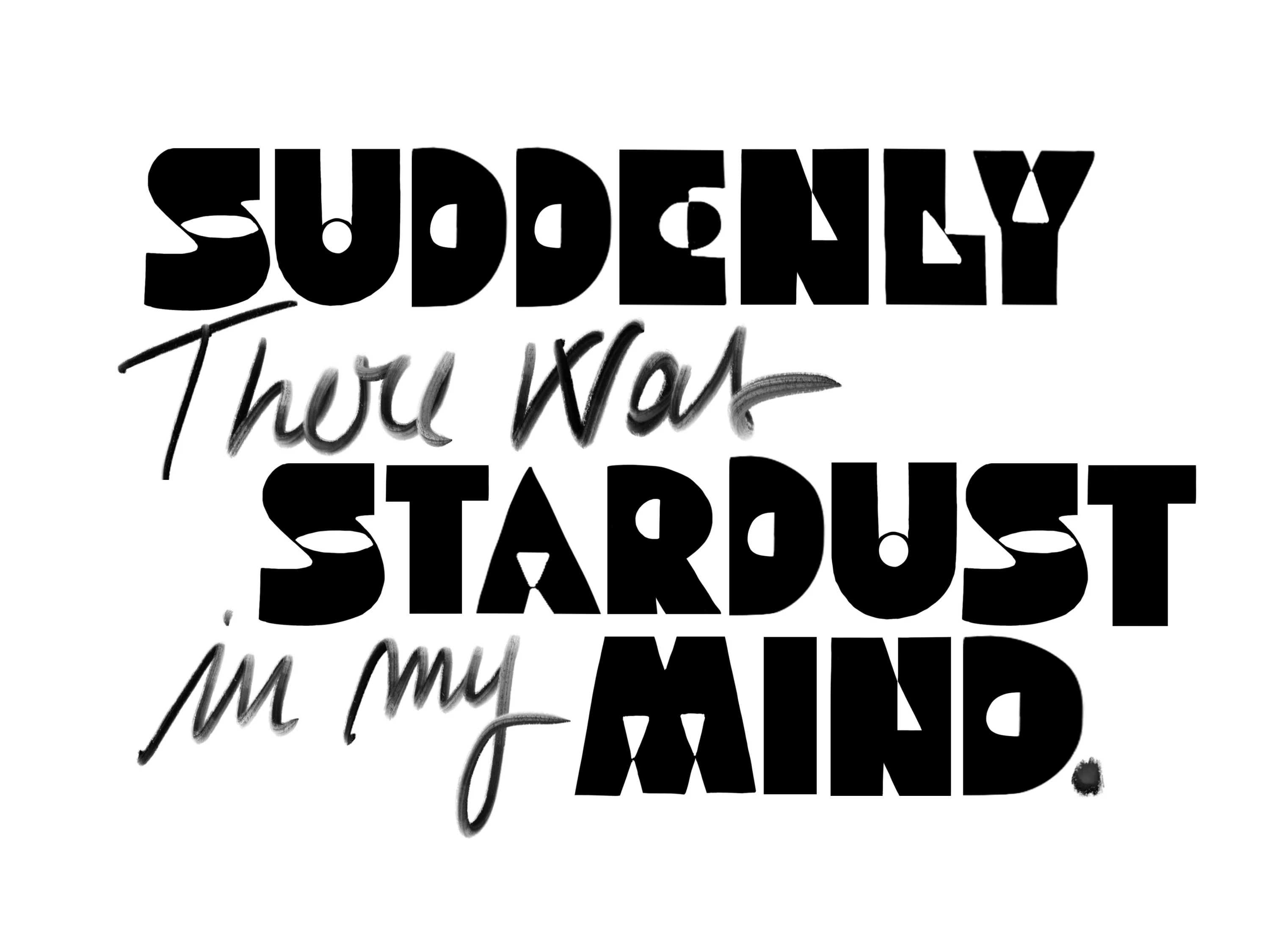
Who knew we needed a messiah in high heels with a mullet the color of a blood orange? Ziggy was not a binary sort of messiah. In an interview with a talk show host, he is asked if the shoes he’s wearing, pink and green platforms, are men’s shoes, women’s shoes, or bisexual shoes. Bowie smiles. His British teeth have not yet become American teeth. He replies, “They are shoe shoes, silly.” As Bowie was now telling us on the screen, his fans knew more about Ziggy than he did. We listened to his albums in our suburban bedrooms, and poured our longing for a bigger life into the glamorous alien from Mars. We created Ziggy as much as Ziggy created us. Bowie made a space to let our own imaginations surprise us. That is also what writers have to do.
I realized I had not taken off my new coat, which was damp from the rain. Somehow, I did not have the energy to struggle out of it. I was totally immersed in the film, but now and again, when I glanced at its cuffs, I felt slightly queasy. Perhaps it was an experiment too far and I was channeling a hedge fund manager at their country retreat, shooting small birds to relax.

Bowie insisted that we take everything that life has to give us to create ourselves. Although the film does not go into his later years, it is subtly haunted by older Bowie, glimpsed now and again, as if he is watching over the film. In a way, this cleverly edited footage echoed my older self, sitting in a beige trench in the cinema, watching my younger self freak out in silver platform boots. Bowie’s message is that life is transient. We hear his words: “It’s what you do in life that is important, not how much time you have.”
Most of the audience were leaving the theater as the credits rolled. I sat in my seat until the very end. I had been there for over two hours and was reluctant to return to the real world. When the lights went up, I could hear someone crying in the seat behind me. I turned around to discover it was a man, about my age, wiping his eyes with his sleeve. He must have been a fan back in the day, too.
He pointed to my new old classic designer trench, and he said, “Love it.”
I was a bit surprised, because I was still internally fighting with its mood. After a while, I realized he was pointing to the pineapple bling brooch.

Deborah Levy is the author of the Booker Prize nominated novels, Swimming Home, Hot Milk and The Man Who Saw Everything. Her most recent novel, August Blue, will be published in May 2023 by Hamish Hamilton.
Literally is WePresent’s slowly expanding library of written commissions by some of the best writers in the world. The hand-drawn typography on this page was created by Raissa Pardini.


